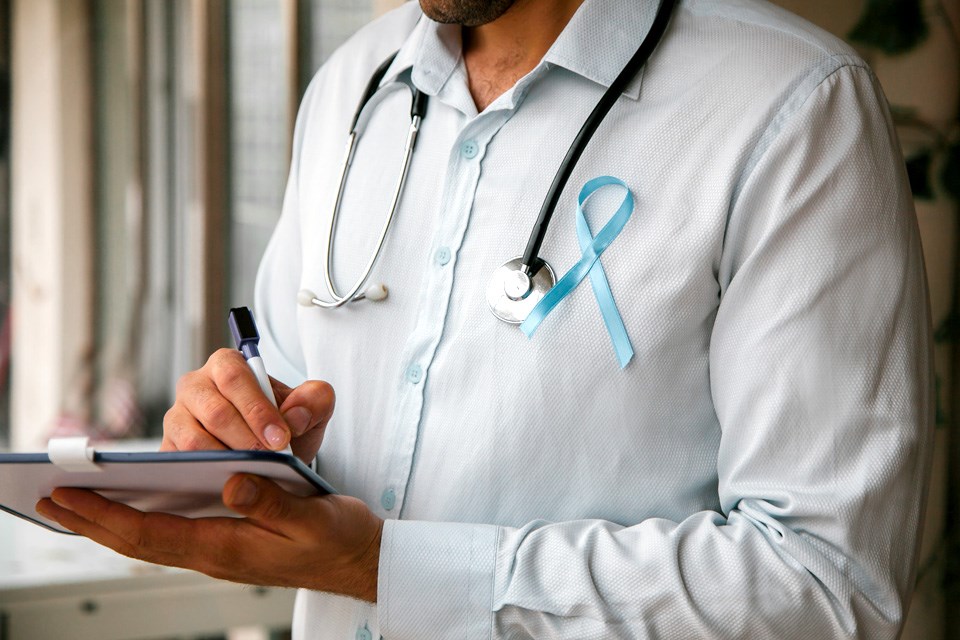While people can experience the same conditions, health experts recommend specific tests and screenings for men in various age groups.
Men are at risk for certain conditions, including several types of cancer, such as prostate, colon and lung cancers. However, data shows men are less likely than women to get routine physical exams and screenings. According to Stats Canada, as of 2014, more than 19 per cent of men did not have a regular medical doctor, compared to approximately 12 per cent in females.
Not having access to a regular doctor or choosing to not attend routine physicals if one does have access to a doctor, can have serious consequences for the early detection of chronic physical conditions or serious issues like cancer. It is advised that men over 50 should have a yearly physical exam, and men younger than 50 should have a physical exam every three to five years.
While many screenings are recommended starting at age 40 or 50, men should discuss family histories and risk factors to determine if testing should begin earlier. The following are important health screenings to consider:
Prostate-specific antigen test: A PSA is a blood test that measures how much prostate-specific antigen is in the blood. Measuring PSA has been a standard for prostate cancer screening for 30 years. Guidelines indicate PSA screening should begin at age 55. However, having at least one first-degree relative with prostate cancer could necessitate earlier testing.
Colorectal cancer screening: Colorectal cancer screening generally occurs between ages 50 and 75. Tests include fecal occult blood tests, stool DNA tests, colonoscopy, and contrast barium enemas. Doctors will determine which tests are applicable and how often to conduct them.
Diabetes: Men who have a BMI over 25 are overweight and should consider a diabetes screening.
Abdominal aortic aneurysm: Guidelines recommend a one-time screening for men who have smoked between the ages of 65 and 75.
Hepatitis B and C: Men are at increased risk for infection if they have had unprotected sex with multiple partners, received blood transfusions or transplanted organs before June 1992, are healthcare workers who have been stuck by needles, or travel to regions with high rates of the hepatitis B virus.
Lung cancer screening: Men should undergo a lung cancer screening through low-dose computed tomography if they are over age 55, have a 30-pack-per-year smoking history and currently smoke or quit within the past 15 years.
Testicular cancer screening: Testicular cancer is one of the most common cancers among young men. Early screening can include self-checks. Routinely checking the testicles for any lumps or unusual features while showering can help detect testicular cancer. Doctors may order a painless ultrasound if something is discovered.
Health screenings are an important component of men’s health care. Now is the time to have a discussion with the doctor about which screenings are necessary.
This Movember feature is brought to you by Great West Media Content Studio and in part by the Sponsors on this page. It is not written by and does not necessarily reflect the views of the editorial staff.




